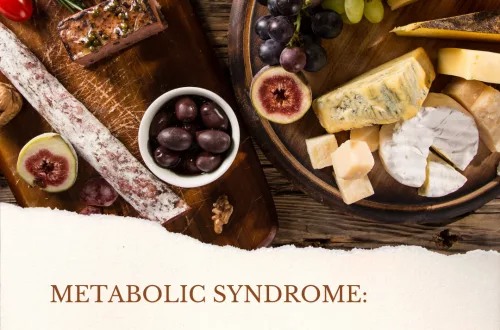
Caffeine and your Genes
This is just one example from my Nutrigenomic DNA test which has helped me make a change to my health – there goes caffeine:
- Many research studies have looked into how caffeine consumption relates to various physical health issues, including cardiovascular disease. However, caffeine may also play a role in mental health. Its widespread use often leads to its psychoactive effects being overlooked. People commonly use caffeine to:
- stay awake
- enhance alertness
- reduce tiredness
- combat fatigue from shift work or traveling across time zones…..
In the brain, caffeine primarily works by blocking adenosine, a neuromodulator that promotes drowsiness and accumulates throughout the day as bedtime nears. Caffeine is found in many popular foods and drinks, including coffee, tea, soft drinks, and chocolate, as well as in energy drinks. The cognitive benefits of caffeine, such as heightened alertness, improved focus, and a boost in mood, contribute to its popularity.
Lets bring in the first gene – ADORA2
While most people tolerate caffeine well, some may experience anxiety after consuming it. This reaction is more common in those who do not regularly consume caffeine. Various studies have investigated how differences in the ADORA2A gene, which encodes a key adenosine receptor, might explain why some individuals experience anxiety after caffeine consumption.
The ADORA2A gene plays a crucial role in regulating many bodily functions, including sleep and relaxation, while suppressing arousal. By blocking adenosine receptors, caffeine produces the stimulating effects associated with coffee, tea, chocolate, and other caffeinated products. Those with the TT variant of the ADORA2A gene tend to be more sensitive to caffeine’s stimulating effects and report higher levels of anxiety after consuming it compared to those with the CT variant.
When doing my own test I found out that I have the TT variant – I find instant coffee is OK but if I have more than 2 cups from a coffee shop I start to feel jittery. I have always stayed away from energy drinks – thank goodness.
Clients who have the TT genotype are considered to have an elevated risk for feeling of anxiety associated with the consumption of caffeine. These clients are advised to limit or avoid caffeine and also be aware of hidden sources of caffeine found in pain medications, weight loss supplements, as well as chocolate or coffee-flavored beverages and food products.
This brings us on to the next gene which influences caffeine – CYP1A2
The CYP1A2 gene produces an enzyme called cytochrome P450 1A2 (CYP1A2), which is the main enzyme responsible for breaking down caffeine in the body. Variations in the CYP1A2 gene affect the rate at which caffeine is broken down. This in turn determines the impact of caffeine on heart health. Individuals who possess the GA or AA variant of CYP1A2 break down caffeine more slowly and are at greater risk of high blood pressure and heart attack when caffeine intake is high. Those who have the GG variant actually have a lower risk of heart disease with moderate coffee consumption than those who consume no coffee at all.
And guess what – I have the GA variant so again I am proactively reducing my caffeine intake.
If you would like to know more about what you can learn by doing the Nutrigenomic DNA test book in a Discovery Call




